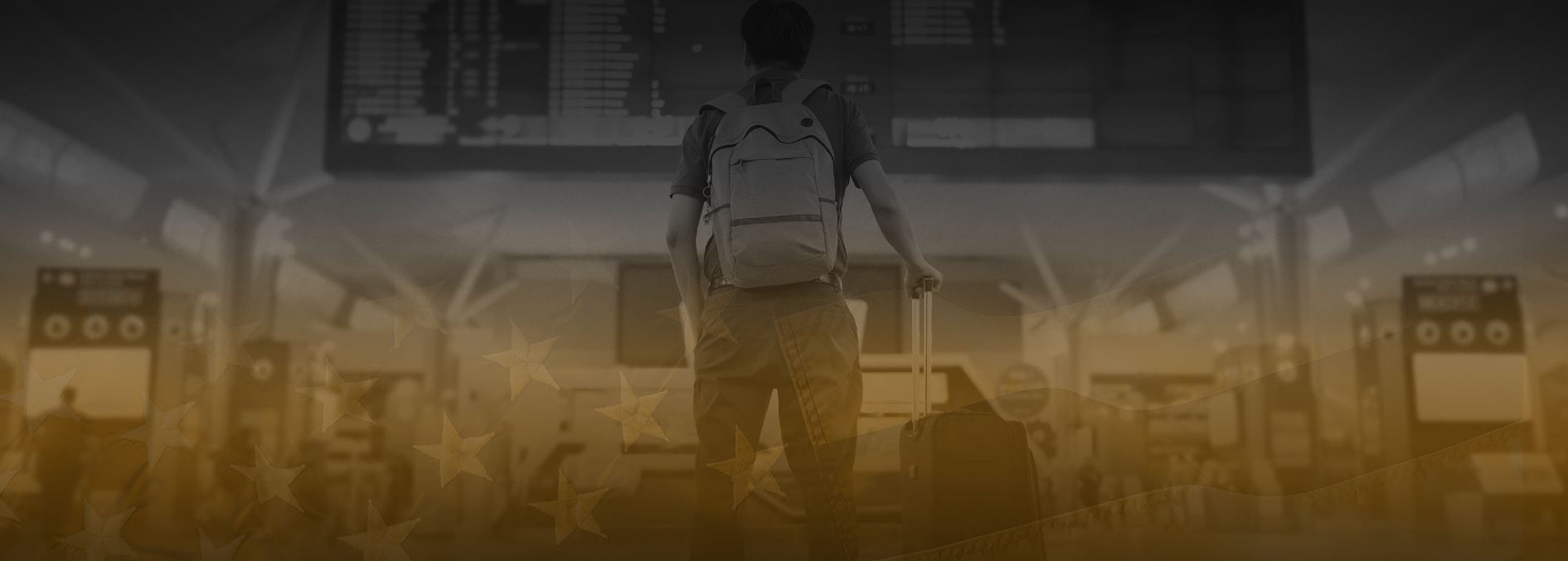The H-1B visa program is often at the center of immigration discussions in the United States. As a non-immigrant visa, it allows U.S. companies to employ foreign workers in specialty occupations. Despite its importance, many misconceptions surround the H-1B visa program. In this article, we aim to debunk some of the common myths and provide accurate, reliable information.
Myth 1: Only Tech Companies Use H-1B Visas
Truth: While it's true that many technology companies hire foreign talent through the H-1B visa program, they are not the only ones. The H-1B visa is used by a variety of industries, including healthcare, finance, education, and more, to hire professionals with specialized skills.
Myth 2: H-1B Workers Take Jobs Away from American Workers
Truth: H-1B visas are designed to fill positions that require specialized knowledge, often in fields where there is a shortage of qualified U.S. workers. In fact, hiring an H-1B worker involves a rigorous process, including proving that there is no suitable U.S. worker for the job.
Myth 3: H-1B Workers Are Paid Less Than Their American Counterparts
Truth: Employers are required by law to pay H-1B workers the higher of either the actual wage level paid by the employer to other employees with similar experience and qualifications or the prevailing wage level for the occupation in the area of employment.
Myth 4: The H-1B Program Is Easy to Abuse
Truth: The H-1B visa program is heavily regulated by multiple government agencies, including the Department of Labor (DOL) and U.S. Citizenship and Immigration Services (USCIS). There are strict rules and penalties in place to prevent and punish any abuse.
Myth 5: H-1B Visas Can Be Extended Indefinitely
Truth: While H-1B visas can be extended beyond the initial three-year period for a maximum of six years, further extensions are only possible under certain conditions, such as pending green card applications.
Understanding the truth behind these misconceptions is crucial to having a nuanced and informed discussion about the H-1B visa program. It's important to remember that this program plays a vital role in driving innovation and filling skill gaps in various industries across the United States.
If you need help obtaining an H-1B visa, contact our Dallas H-1B visa immigration attorneys at Akula & Associates P.C. today at (844) 299-5003 to schedule a consultation!

